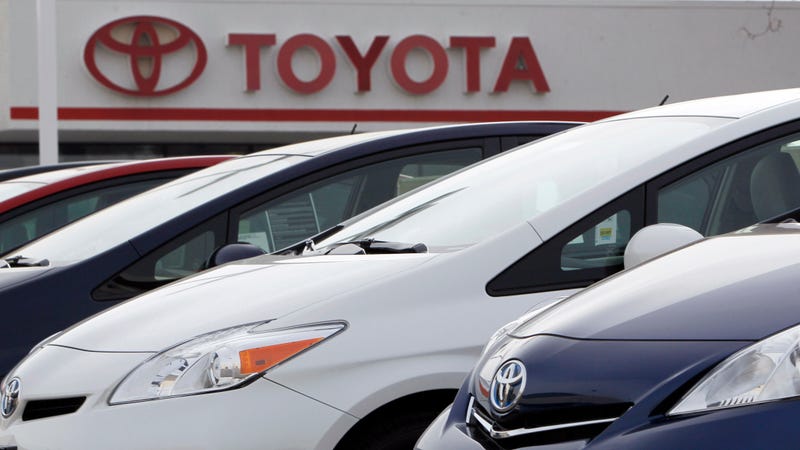
On Tuesday, Republican lawmakers and auto dealer organizations celebrated the passage of legislation that scraps a previous regulation that was designed to prevent racial discrimination in auto lending. Dealers have long made a fuss about the regulation, calling it unnecessary and burdensome, and now it’s almost certainly goin to be signed into law by President Donald Trump. But with endless amounts of studies and examples in the past showing that auto dealers will charge more to minority car buyers, shouldn’t Congress pass a law to prevent this sort of action?
The background of the regulation is a bit complicated, but how it came to be—and the reason it became “controversial” in the eyes of dealers and conservatives—is worth unpacking.
Following the economic crisis a decade ago, lawmakers created the Consumer Finance Protection Bureau to oversee numerous financial institutions. But, crucially, the CFPB’s jurisdiction didn’t include auto dealers. In 2013, however, the CFPB decided to take action and issued a rule to curb the ability of financial institutions to charge extra interest on auto loans.
The reason, as the Wall Street Journal reported, is the CFPB believed that minority car buyers were charged more than white borrowers through the practice of “dealer markups,” the extra interest that can be charged so auto dealers can be compensated for arranging a loan.
Advertisement
The CFPB relied on the new policy to impose tens of millions of dollars of fines on lenders like Ally Financial and Toyota Motor Credit Corp.
But dealers and Republicans took issue with the CFPB’s methodology to identify discrimination. Because auto dealers and lenders don’t have to report the race of someone who obtains financing for a car—as is the case for mortgages—the CFPB used someone’s last name and their zip code to guess the race and gender of customers. As Republican lawmakers and dealers would put it, this was a far from perfect solution.
‘Harmful, Ill-Advised’
So, Congress set about codifying a decision made by the Trump-picked leader for the CFPB, and make it official that the bureau cannot regulate auto lenders this way.
Advertisement
Auto dealers, expectedly, were elated.
“The CFPB’s 2013 indirect auto lending guidance was a harmful, ill-advised solution that purported to solve the problem of a disparate impact theory that only existed in some mythical CFPB fairyland,” said Steve Jordan, CEO of the National Independent Automobile Dealers Association.
Republicans, too, have praised the effort.
“Today’s effort will protect consumers from a brazen attempt by the past director of the Consumer Financial Protection Bureau to stretch his authority and interfere in the auto industry,” Senate Majority Leader Mitch McConnell said in a statement last month when the Senate moved to revoke the regulation.
Advertisement
But how can a rule designed to prevent racial discrimination in auto lending be called “ill-advised,” when it’s been demonstrated as an issue time and time again.
Take a recent study by National Fair Housing Alliance, a group that works to fight lending discrimination. The alliance sent one white and non-white counterpart into car dealerships in Virginia, and found that more than 60 percent of the time, nonwhite individuals who were more qualified than the white buyers were given costlier lending options.
“On average, Non-White testers who experienced discrimination would have paid an average of $2,662.56 more over the life of the loan than less-qualified White testers,” the alliance found.
Advertisement
I know there’s surely countless examples of TV news reports conducting similar experiments to make the same point that has been demonstrated time and time again. That’s why the optics of celebrating by lawmakers and dealers is so poor. At this point, you’d think, they’d realize that, even if this particular regulation didn’t work as planned, there could be a way to craft something that ensures this type of practice comes to an end.













